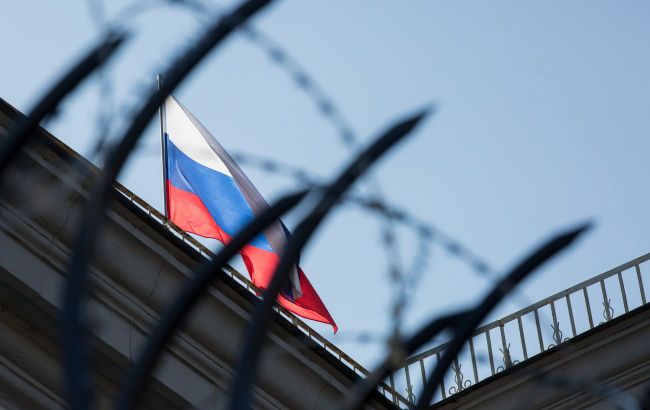EU closes loophole for Russian oligarchs, making it harder to evade sanctions
 Russian oligarchs will find it harder to evade sanctions (Getty Images)
Russian oligarchs will find it harder to evade sanctions (Getty Images)
The European Union has changed the rules that previously allowed Russian oligarchs to evade sanctions. Now, in order to be removed from the sanctions list, Russians must provide convincing evidence of a genuine break with their business and ties in Russia, The Moscow Times reports.
According to the news agency, the European Union has updated the criteria it uses to assess the possibility of removing Russian businessmen from the sanctions list. The new rules make the procedure for lifting restrictions more difficult and are aimed at preventing abuse, particularly through legal challenges.
The stricter checks were prompted by attempts by some sanctioned individuals to challenge the restrictions in the European Court of Justice, claiming they were allegedly unlawful.
From statements to solid evidence
The EU will no longer automatically accept as credible the statements made by sanctioned individuals claiming to have exited business operations or sold assets after February 24, 2022 — the start of Russia's full-scale invasion of Ukraine.
To be removed from the sanctions list, a formal transfer of ownership is no longer sufficient. Individuals must now provide "sufficient, timely, and reliable" evidence showing they no longer meet the criteria for sanctions.
Moreover, in the absence of convincing proof, sanctions may also be extended to third parties — both individuals and legal entities — involved in asset transfers.
The new EU rules emphasize that Russian authorities restrict access to state registries and may deliberately distort information. The preamble points to "relationships of mutual benefit and support" between the Russian state and prominent businessmen.
According to legal experts, this move closes a legal loophole that Russian oligarchs have been using to their advantage in European courts.
Sanctions against Russia
Following the start of Russia's full-scale invasion of Ukraine, Ukraine's allies imposed sanctions against the Russian Federation. The European Union, the United States, the United Kingdom, Canada, Japan, South Korea, Australia, and other countries joined in implementing the restrictions.
The sanctions targeted the financial sector, including the disconnection of several Russian banks from the SWIFT system, freezing the Russian Central Bank's assets, banning the export of high-tech goods, and personal sanctions against officials, oligarchs, and propagandists.
And just yesterday, it was announced that the European Union has approved its 17th package of sanctions against the Russian Federation.

